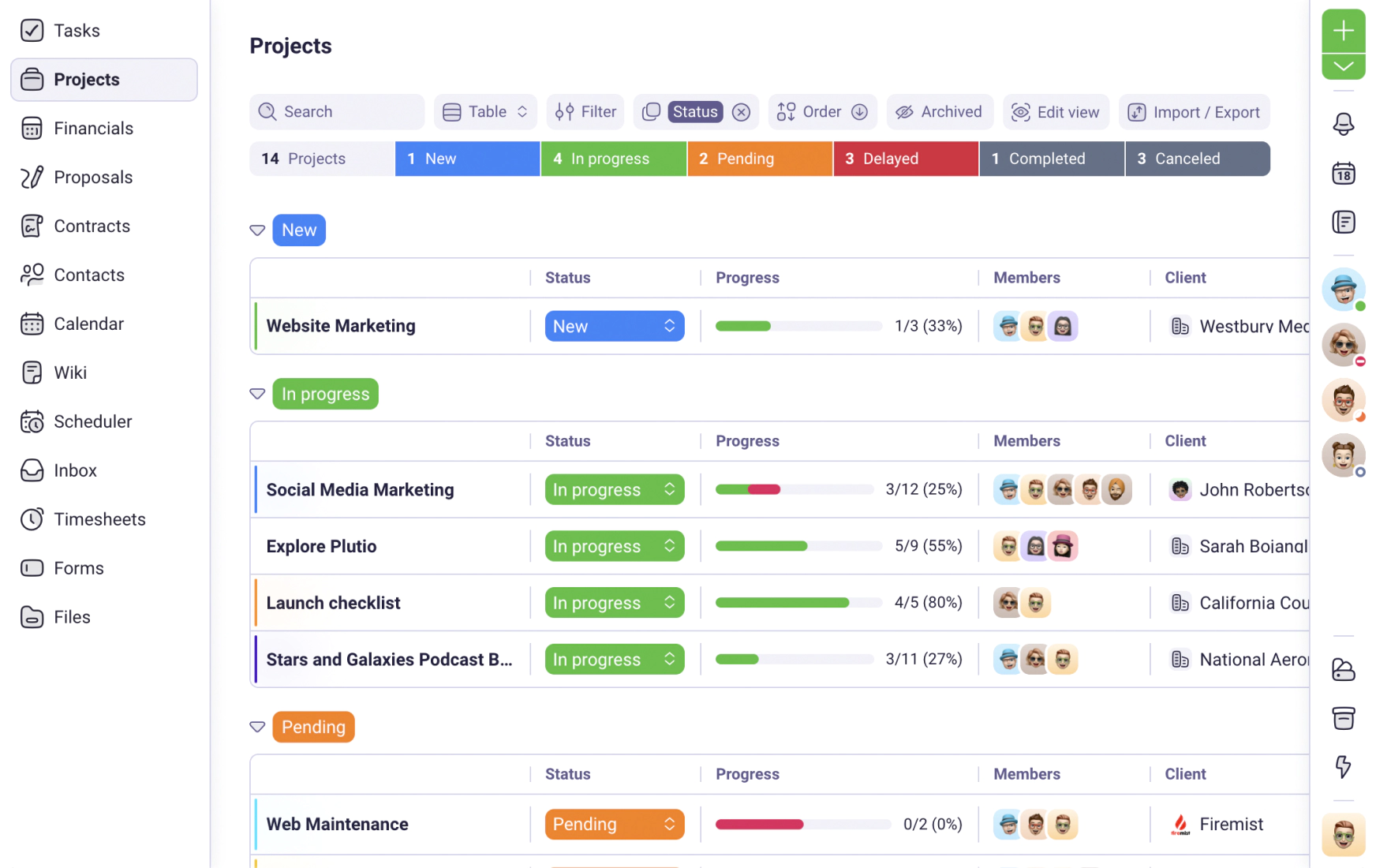We use cookies to personalise and enhance your experience.
If you have any interest in technology and making money, information technology (IT) could be the ideal industry for you. The IT industry is constantly evolving, and there are tons of specializations to choose from — all of which are in high demand and expected to remain so. In fact, many IT professions can lead you to a six-figure salary.
As with any industry, however, how you approach your career and make decisions along the way will determine whether or not you succeed. Plutio has provided some practical information and advice for anyone considering an IT career:
The Benefits
As mentioned above, there are a lot of IT jobs out there, and demand is expected to remain high for the foreseeable future. According to the BLS, the median annual wage of computer and IT occupations was 91,250 in 2020, and there’s no shortage of higher-paying opportunities. Also, you don’t have to be an excellent student to excel in IT; math and science are important components, but soft skills like problem-solving, communication, and task management are what will benefit your career the most.
Another advantage of working in IT is that it will always be challenging. Despite a misconception that computer occupations are monotonous, you’re not likely to be doing the same tasks day-to-day for years because you’ll be responsible for keeping up to date on evolving technology and changes in the industry. Plus, any business that uses computers can benefit from IT services, so you can craft your career around a particular niche or field, or you can choose to work with several different types of businesses.
The Challenges
There are also some challenges to consider when it comes to a career in IT. For example, since technology is always evolving, you’ll often have to navigate new problems while working with clients who are already frustrated that their systems aren’t working. This can be stressful! And if you’re not crazy about the idea of communicating with other people each day (or helping coworkers fix various issues of their own), then working in IT may not be the path for you.
Embracing Lifelong Learning
To succeed as an IT professional, you must resolve to learn for the rest of your career. One of the most practical ways to kickstart your journey is to go back to school for an online degree. Along with bolstering your credentials, getting a degree can teach you a lot of techniques and skills that you didn’t already know. An IT bachelor's degree, for instance, will cover a wide range of material — from IT applications to cloud foundations, from network security to data management.
Researching Entry-Level Opportunities
It’s never too early to start thinking about your first IT job. There are so many to choose from, and each one offers different benefits and challenges. If you’re not sure what you want to specialize in but still want to get started in IT, then becoming a computer technician could be your best bet. Essentially, you’ll be responsible for diagnosing and fixing hardware problems, which is an opportunity to learn and practice a broad range of techniques and solutions.
Going up a notch, IT support analysts are responsible for predicting and preventing technology problems for companies, depending on what technologies the companies use and how they use them. And if you want to go big out the gate, you could shoot for becoming a systems administrator, which would mean that you would be creating and managing the entire networked computer system for a business. This requires you to stay a step ahead of changing technologies and constantly be looking for ways to maintain and improve the computer system.
There are a plethora of reasons to begin an IT career. But there are also challenges. If you determine that IT is the field for you, then be sure to commit yourself to lifelong learning, and start researching entry-level jobs that could give you a strong start.
Have you tried Plutio yet?
The only app you need to run your business and get work done.
Try Plutio for FREESupercharge your business
The complete toolkit to run your business
The intuitive all-in-one solution to manage and collaborate on projects, share files, build forms, create proposals, get paid, and automate your workflow.
No credit card required


